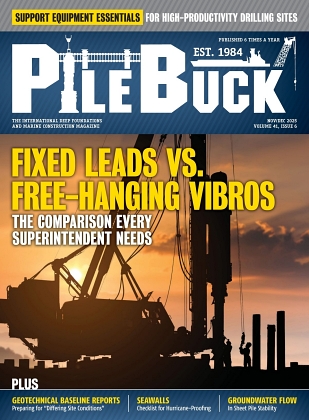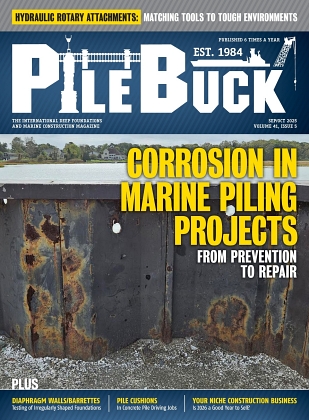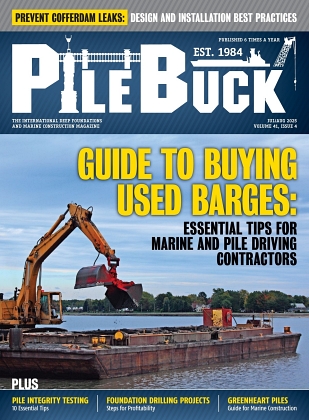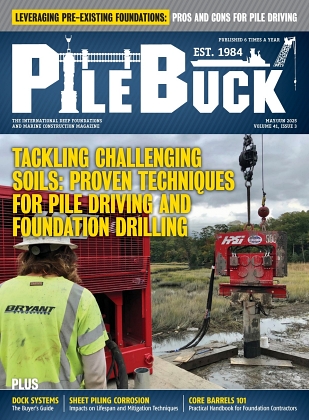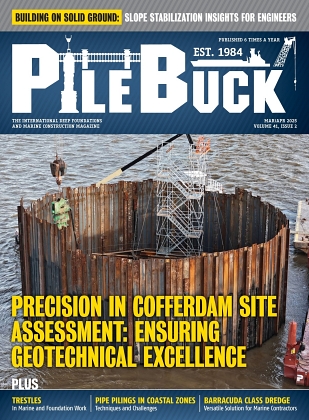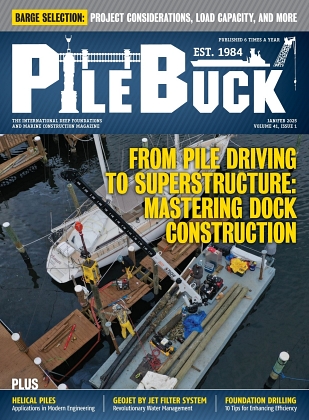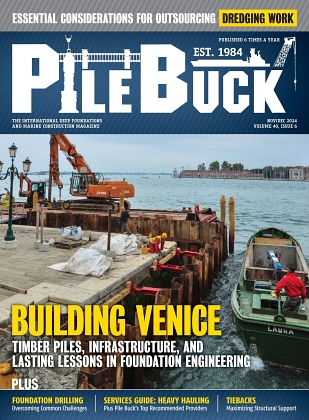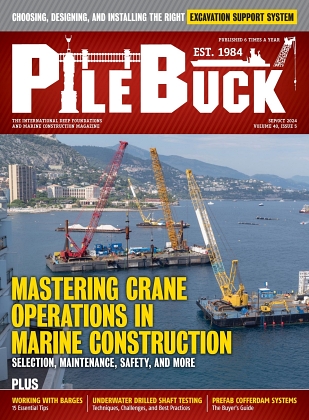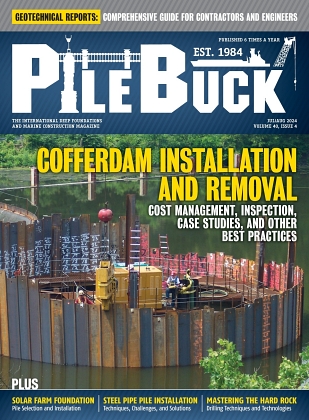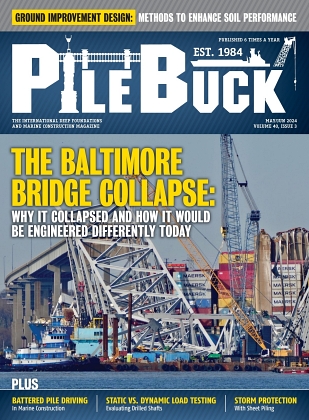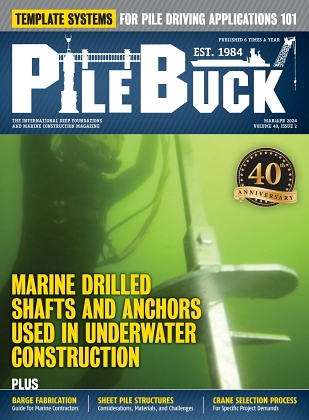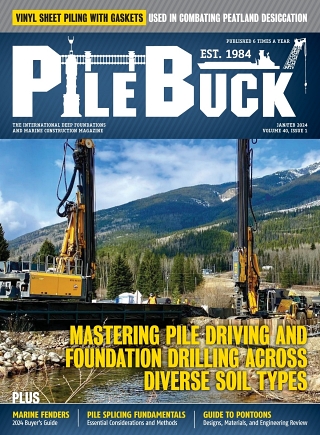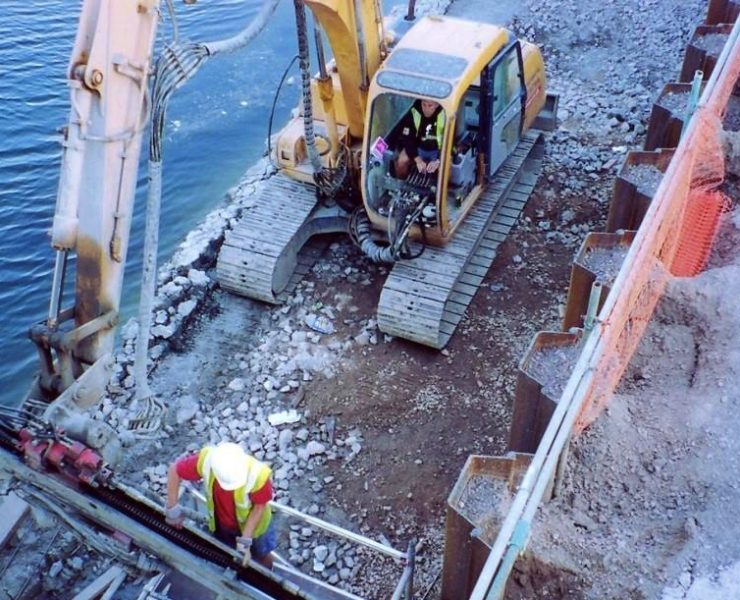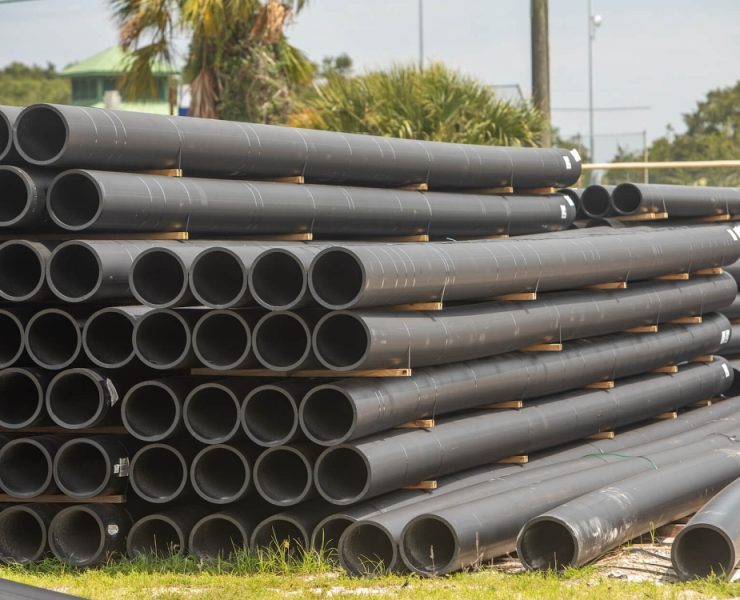Commercial Diving: Offshore Diving Vs. Inland Diving
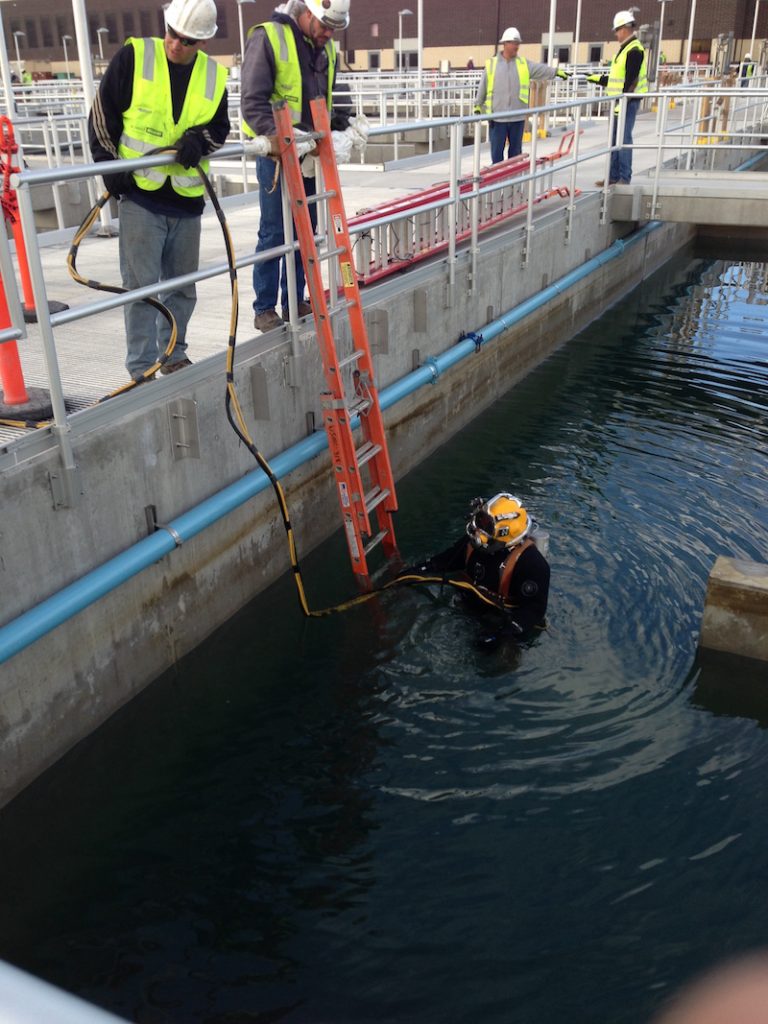
Click here to view the complete article.
by Robert Greenspan (Midco Diving)
Commercial diving is a broad umbrella comprised of many different jobs and duties. Commercial divers are responsible for underwater maintenance and repairs, underwater inspections, underwater construction, and many other important jobs. While the field of commercial diving is quite varied, where you choose to work may have some impact on the more routine duties that make up your daily work schedule.
 Commercial divers can be divided into two basic groups, those that work as inland divers and those that work as offshore divers. Both inland and offshore divers require and maintain a nearly identical set of skills in order to perform their daily jobs and may even be employed by a company that offers both inland and offshore diving services, but each job does come with its own unique set of jobs and challenges.
Commercial divers can be divided into two basic groups, those that work as inland divers and those that work as offshore divers. Both inland and offshore divers require and maintain a nearly identical set of skills in order to perform their daily jobs and may even be employed by a company that offers both inland and offshore diving services, but each job does come with its own unique set of jobs and challenges.
Inland divers ar
e commonly called upon for a wide range of routine jobs. Inland commercial diving jobs such as potable water tank inspections and potable tank cleanings are regularly reoccurring jobs that need to be performed every 2-5 years and require the assistance of well-trained team of inland divers. In addition to working in and around potable water tanks, inland divers also spend a lot of time working near rivers, lakes, and ponds performing bridge inspections, underwater repairs, water intake maintenance, and diver dredging operations. Inland diving involves a fair amount of local/regional work as well as some travelling work, but inland divers often enjoy more standardized work schedules and regular breaks between jobs and service calls.
Offshore divers, as the name implies, spend the majority of their time performing work away from the mainland. Offshore divers perform many of the same duties as inland divers such
as underwater welding & repairs, inspections, and maintenance work with a strong reliance upon the offshore oil and gas industry. Offshore divers play a critical support role to the energy industry including installing and repairing underwater pipelines and offshore rig maintenance. While oil and gas related work makes up a large portion of the offshore divers workload, offshore divers also perform many other jobs including underwater ship & vessel repair, and salvage work. Unlike inland diving where divers may have frequent out-and-back jobs, offshore divers typically work long rotations on the job and may live on-site on platforms or vessels for weeks or even months at a time.
Click here to view the complete article.
What are the main differences between inland and offshore commercial diving?
Inland commercial diving often involves routine tasks like water tank inspections and bridge repairs near rivers, lakes, and ponds, while offshore diving is primarily associated with the oil and gas industry, including pipeline installations and underwater rig maintenance.
How does the work schedule differ for inland and offshore divers?
Inland divers usually enjoy more standardized work schedules with regular breaks between jobs, whereas offshore divers often work on longer rotations, residing on platforms or vessels for weeks or months due to the nature of their projects, such as oil and gas-related tasks.

